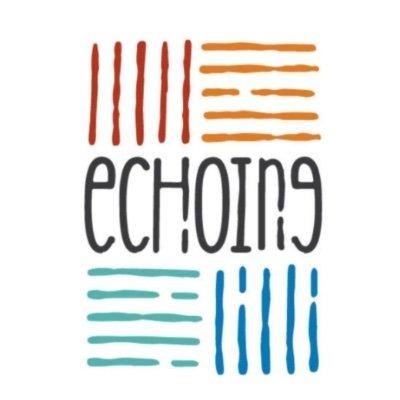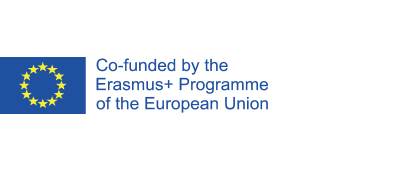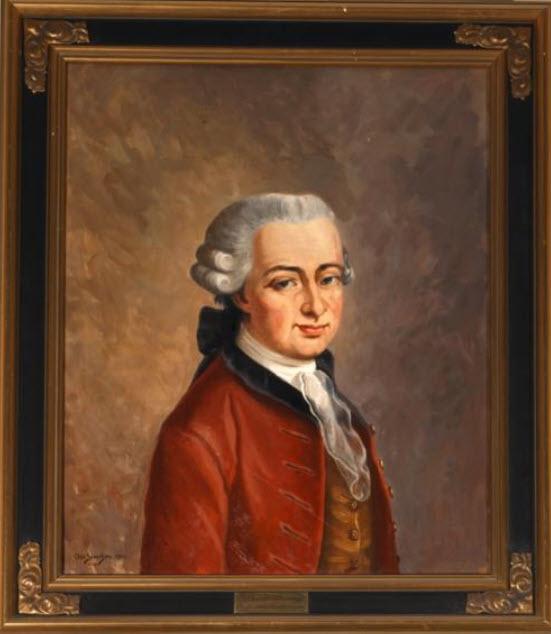Projects - UB
Projects
(See separate page for past projects)
The NTNU University Library aims to offer modern library services, and there is always plenty of activity involving projects in the following themes:
- Research and publishing
- Innovative education and innovative learning environments
- Accessibility and digital content
- Competence and organizational development
Ongoing projects
The world in Norwegian: A digital exploration of bibliomigration patterns and reviews of translated fiction (2023-2024)
In this project, we aim to contribute to library development in the field of digital humanities (DH) through increased collaboration between the National Library of Norway and various academic and research libraries. Digital tools and methods have opened new possibilities for research in literature and language, making it easier for scholars to engage with and benefit from large data collections.
In this project, we will facilitate the increased use of digital humanities in academia and libraries. We will create two openly accessible digital resources:
- A digital, interactive map that tracks how translated literature spreads from around the world to Norway (bibliomigration patterns).
- A dynamic corpus of selected Norwegian newspaper reviews of translated fiction.
Read more about the project (information in Norwegian)
Research Data (2021-25)
The project aims to ensure that researchers and students at NTNU have the necessary tools, services and e-infrastructure to manage data in their research in a practical and secure way, as well as facilitating open and FAIR research.The project addresses safe and secure handling of research data throughout the data lifecycle: from collection, storage, analysis and processing, to archiving, deletion or publication.
In 2023, the project is working on solutions for digital interviews with confidential data, GDPR in student assignments, Git tools for version control, electronic lab journals and automatic transcription (through Whisper), among other things.
Research Data is part of the Digitalization Program at NTNU.
Project website: Research Data
Project leader: Ingrid Heggland

eCHOing ERASMUS+ project 2022-2024
Recovery of cultural heritage through higher education driven open innovation-eCHOing
eChoing is an Erasmus+ project organised to connect Higher Education Institutes (HEIs) and Cultural Heritage Organisations (CHOs) through open innovation methods between staff and students. The project started in January 2022 and will end in June 2024 and NTNU UB is the coordinator of the project. Open innovation (OI) is a process in which a new idea, device, or method addresses a certain problem in a way that gives importance to an individual or group, with the help of modern technology. Openness, thus, offers an opportunity for citizens to get involved and serve a social purpose, by participating in digitally enhanced activities. Such activities include hacktivism (activism by means of hacking for a social purpose), maker movement (DIY technology-based inventions), citizen science (participation of citizens in a scientific research), and crowd initiatives (such as crowdfunding and crowdsourcing).
Its 6 Higher Education partners come from across 5 European countries, which include: Norway (NTNU), Italy (SA), Bulgaria (SU), Estonia (TARTU ULIKOOL), and Greece (OSYGY & Web2Learn). Each partner will be responsible for a specific task that will help ease the process of the project. All partners will host multiplier events as webinars and seminars open to all and all tasks assigned will have one common goal: the engagement of HEIs in promoting cultural heritage with sustainable practices and with the modern touch of technology and innovation.
With the participation of HEIs and small or medium-sized Culture Heritage Organizations (CHOs), such as universities, staff and students, local and national museums, cultural clubs and associations, local learning centers and libraries, and with the help of OI, we can create more contemporary, innovative, and sustainable teaching methods within a diverse culture that is socially responsible.
After analyzing and finding practices in which cultural heritage and CHOs are benefited through innovative projects, we can then provide the correct methods, tools, and teaching practices to HEIs, their staff, their students, and anyone who is willing to learn and grow. In that way, students will be able to enjoy and actively participate in developing their knowledge and professional skills, thus bettering their overall learning experience during the pandemic.

NTNU UB Leading institution. Coordinator: Alexandra Angeletaki, NTNU UB Trondheim
NTNU eCHOing team: Paula Rice Ass. Prof ved NTNU Ålesund, Inga Buset Langfeltd Research Librarian, NTNU UB Ålesund, Linda Katrin Myren Vada, economy advisor NTNU Ålesund
LINK: https://echoing.eu/
Twitter: @eCHOing_EU

